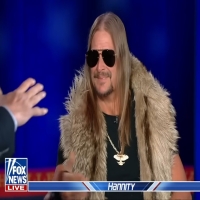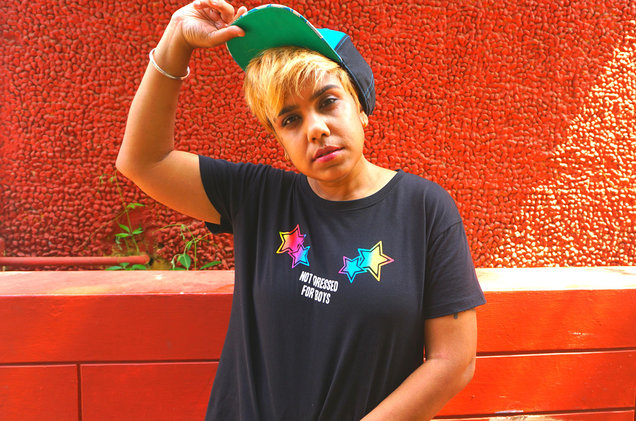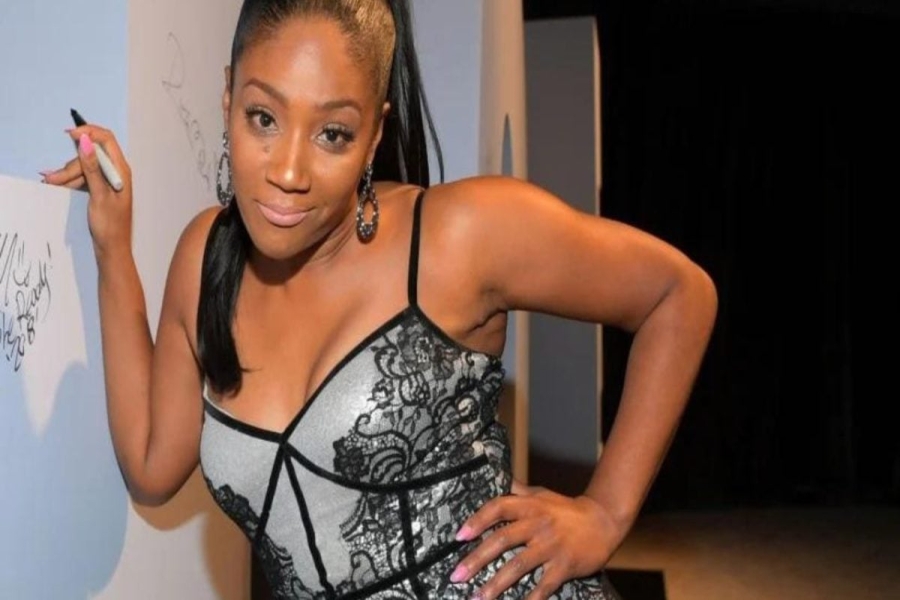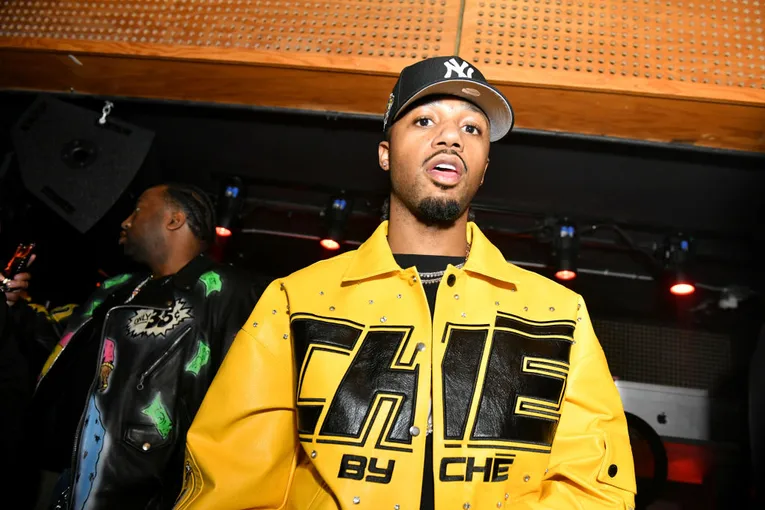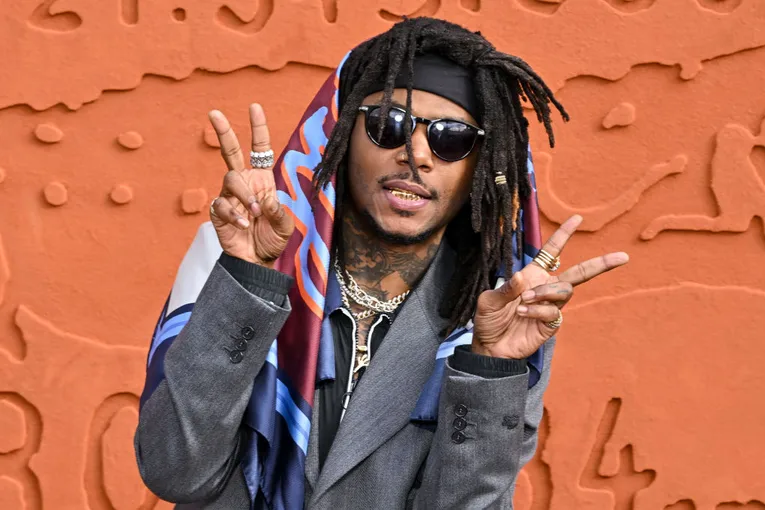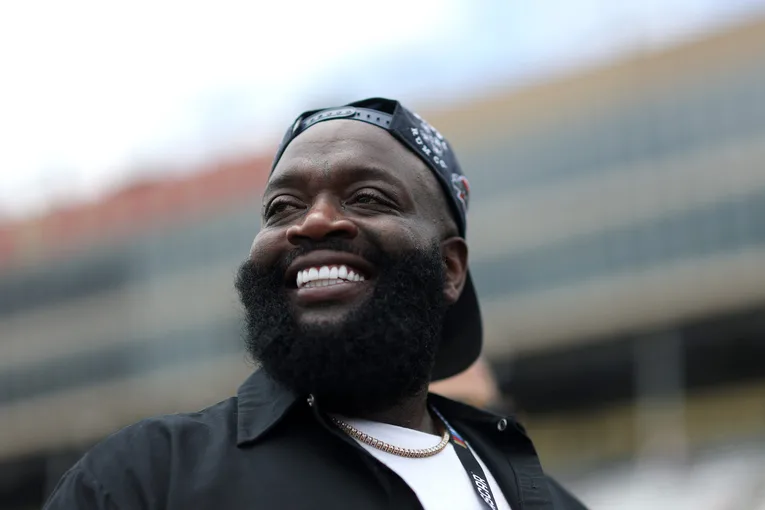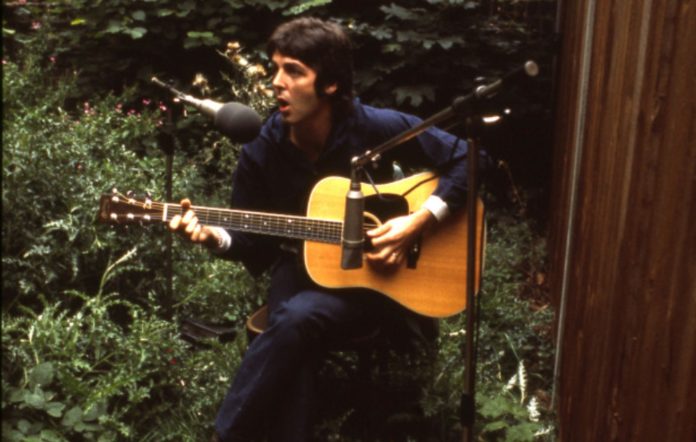But Pallavi tells Billboard that she’s not finished in her fight for equal rights. “Legal change is not enough by itself, it has to be accompanied by social change and change in people's attitude,” she says. “Even though more and more people are coming forward and being visible like myself, many community people are still struggling in their day-to-day lives.”
That’s why Pallavi decided to release her debut album Queerism, a genre-spanning collection of songs focused around being queer in the modern age. While the album features tracks rooted in both Indian and Western culture, all of the songs on her new album share the common thread of being unapologetically queer.
Pallavi spoke to Billboard ahead of her new album’s release about the making of her music, progress in India, and the importance of fluidity.
When you were getting ready to write and record Queerism, what was the main goal that you had in mind? What did you want to accomplish with this album?
I had many goals that were mixed together. One is that I wanted to establish myself as an artist and share my music with the world. The second thing is that I wanted to write music about the things that were important to me and my identity as a gender-fluid lesbian is a part of that. I didnt want to have to hide anything, I wanted to express myself. Third, I wanted to be an example, and an inspiration for my LGBTQIA+ family around the world. I felt this was really important coming from India where the LGBT movement is growing, where we have had some important legal changes but not necessarily that much visibility in music.
I also think that, globally, queer visibility in music is coming up in a big way. We always had queer artists, but not so many people singing about being queer in their music. But our community is now becoming bigger and more visible and I want to be a part of that! I want to create some great anthems for our LGBTQIA+ communities.
Can you remember where you were when Section 377 of the Penal Code was decriminalized in India? What was that moment like for you?
Actually, I was on my laptop waiting for the judgement to come out. We kind of knew it was happening, but we were still so surprised and relieved when we heard the positive hearing from the Supreme Court of India. We went out and celebrated with other community people in Mumbai. It was a great moment.
There are 2 songs on the album called “We Are LGBTQI”… it has 2 different versions. One version is the one I created before the supreme court judgement passed, it is a moombahton genre track. And the other version is the one which I created in collaboration with Ma Faiza and DJ Lolly after we got legal. It is a very clubby house genre track. So you can listen to both the tracks, written in two different situations (co-written by Deepa Vasudevan and Pallavi), and the lyrics of the tracks are very raw and emotional.
Things are clearly changing in India, but what are some of the barriers that you still see for the LGBTQ community?
Legal change is not enough by itself, it has to be accompanied by social change and change in people's attitude. Even though more and more people are coming forward and being visible like myself, many community people are still struggling in their day to day lives. We still have difficulties in finding place to live, a good accepting workplace, and many people are rejected by their families. This is the big deal in India where your family support is very important for your survival. There are also high rates of suicides and violence against community people.
So, there is still a lot of work that needs to be done. But the legal changes help us to fight for our rights and maybe bring in better laws around discrimination, marriage etc. And I think because there is greater LGBTQI+ visibility now, people also have more role models.
This is one of the first, if not the first, openly queer albums to come out of India. What is it like, having that moniker attached to your name?
I feel very happy and proud about that, and I hope it encourages other musicians, artists and other creative people from the queer community to come forward. I think music and films are a great way to transform people's thoughts, and I am trying to do that. Music is a very powerful medium to touch people's hearts and minds.
The album features songs in both English and Hindi -- why was that important for you?
The album has 7 songs which are in English and 2 songs which are Hinglish. English and Hindi are the languages that I live in and both languages are very important for my musical life. I grew up in a very musical family where I got to explore different forms of Indian music. So I've been singing classical music and ghazals in Hindi from a very young age. I was inspired to explore Western music after discovering Celine Dion as a kid, and since then I've never looked back. It makes sense to write more Western oriented songs in English, and it also helps me to share my music with the world. But Hindi still has an important place in my heart, and I hope to record both Hindi and English albums in the future.
You have a lot of different and competing sounds on this album, including dance, jazz, pop, etc. How did you interpret your sound throughout this process?
I very strongly feel that music, like identity, is becoming more fluid and less restricted by genres. I love it because I myself believe in fluidity in both gender and in any form of arts. More freedom to explore! It is much more exciting for me to experiment, compose and perform songs in many different genres rather than just focusing in one vein. For many of the songs, I am composing in that genre for the first time, and it was an amazing learning process for me to try this. I hope my listeners will appreciate my compositions and be able to cross over from one genre to another. I will never want to be put in a box in terms of my gender identity and my music.

